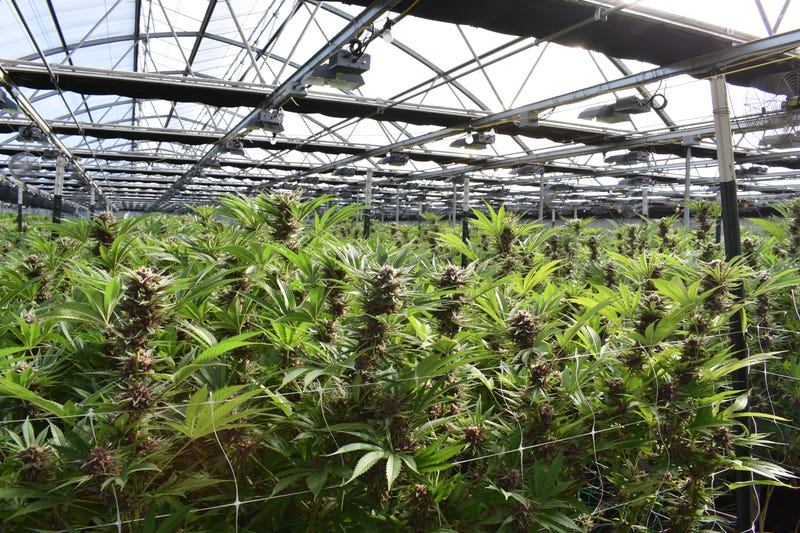
SAN FRANCISCO (KCBS RADIO) – New research out of Stanford University links marijuana use with heart disease but a molecule found in soymilk may be the key to combating that.

For more, stream KCBS Radio now.
The research showed that THC causes inflammation. Dr. Joseph Wu, Director of the Stanford Cardiovascular Institute and Professor of Medicine and Radiology told KCBS Radio that if someone smokes or takes edibles it causes the same amount of inflammation
"I think the bottom line if you are a perpetual user and you frequently take the high potency marijuana or THC it could cause increase chance of cardiovascular disease," Wu said.
He explained that the THC binds to the cannabinoid one receptor, which causes inflammation in your peripheral artery but he found a chemical in soybeans and fava beans that stops the inflammation.
"Genistein is what we call a neutral CB1 antagonist meaning that genistein sits on the CB1 receptor it prevents the TCH from binding to the receptor that causes inflammation," Wu said.
He said the genistein doesn't stop the psychedelic effect of the THC but blocks the peripheral inflammation that it causes.
He added that he cannot recommend marijuana users add soybeans into their diets to reduce inflammation because that would have to be an FDA decision.
LISTEN to KCBS Radio
FAVORITE KCBS Radio
Facebook | Twitter | Instagram

